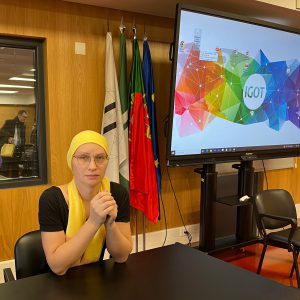Prof. Håvard Swane Bækken: “Militarized Patriotism and Identity Policy in the Occupied Donbas”
Time: 9 December, 15:15-17:00
Place: NI:C0933 seminar room, 9th floor, Niagara, Nordenskiöldsgatan 1
Online: https://mau-se.zoom.us/j/63790169816
Meeting ID: 637 9016 9816
Bio
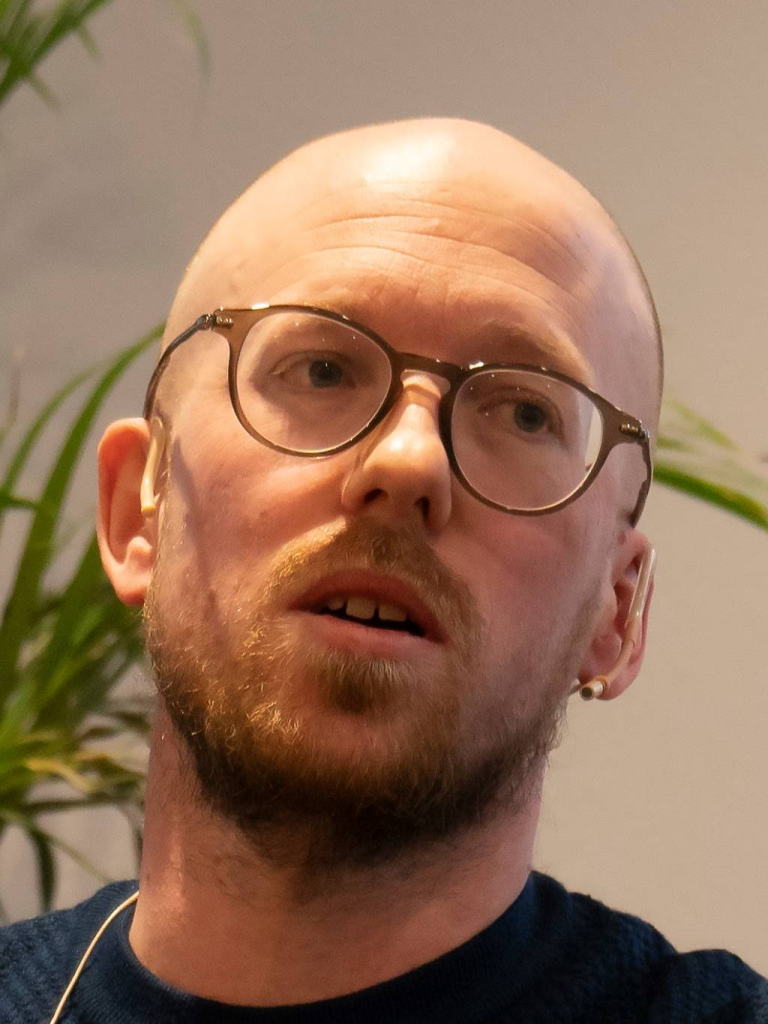 Håvard Bækken is Professor of Russian Area Studies and has been affiliated with the Norwegian Institute for Defence Studies (IFS) since 2015. As of 2025, he is also affiliated with the School of Intelligence and Language (SESK)
Håvard Bækken is Professor of Russian Area Studies and has been affiliated with the Norwegian Institute for Defence Studies (IFS) since 2015. As of 2025, he is also affiliated with the School of Intelligence and Language (SESK)
Bækken’s research focus at IFS is militarism and military patriotic education in Russia and in occupied parts of Ukraine. Bækken is heading the research project Contested Ukraine: Military Patriotism, Russian Influence, and Implications for European Security, and (temporary) the Research Programme for Ukraine and Full-Spectrum Threats.
Bækken teaches extensively and is responsible for courses on Russian politics and society as well as on Russian history and its uses. His previous research includes several publications on quasi-legal practices in Russia.
Abstract
Since the first invasion of Ukrainian territories in 2014, Russia has been using militarized patriotic education to further its strategic aims in the occupied regions. In his presentation, Håvard Bækken will introduce his research on military patriotic education in Russia, and in particular his articles on the export of militarized patriotism into occupied Ukraine. At the core of the presentation will be the policy employed in the so-called peoples republics in the Donbas before the full-scale invasion, where the changing faces of patriotic education is seen as a reflection of strategic concerns in Moscow. Since 2019, Bækken argues, the pace and direction changed, as clubs (esp. Yunarmiya) has become more directly involved in Russia’s plan of cultural assimilation of the youth. Today, Yunarmiya is actively promoting Russian nationhood in every occupied oblast of Ukraine.
Welcome!



 In an era of resurgent multipolar competition, a fundamental update to our understanding of the reemerging concept of Spheres of Influence (SOIs) is needed. This analysis introduces the “Multi-Modal Sphere of Influence” (MMSOI) as a new analytical framework, positing that contemporary great powers project influence not just via coercion, but through a dynamic interplay of five modalities: military, economic, institutional, normative, and digital. This framework is used to deconstruct the intractable EU-Russia conflict in their “shared neighborhood” by bridging macro-, meso-, and case-level findings. At the macro-level, the core of the conflict is defined by different modalities of competition; this is not a symmetrical power struggle, but a structural clash between incompatible toolkits: the EU’s dominant normative, institutional, and economic modalities colliding with Russia’s reliance on its coercive-military and energy-based toolkit. This overlapping, multi-modal contestation creates, at the meso-level, a paradoxical environment for “in-between” states, granting them new avenues for hedging and agency while simultaneously exposing them to acute risks of coercion and conflict. Finally, the analysis unpacks the EU’s paradoxical role as an “antithetical actor.” While normatively rejecting SOIs, the EU’s institutional and regulatory expansion functions as a powerful, sui generis SOI-building tool, making it an unintentional geopolitical player. This synthesized approach explains the EU-Russia competition not merely as a regional dispute, but as a microcosm of 21st-century multi-modal, multipolar contestation.
In an era of resurgent multipolar competition, a fundamental update to our understanding of the reemerging concept of Spheres of Influence (SOIs) is needed. This analysis introduces the “Multi-Modal Sphere of Influence” (MMSOI) as a new analytical framework, positing that contemporary great powers project influence not just via coercion, but through a dynamic interplay of five modalities: military, economic, institutional, normative, and digital. This framework is used to deconstruct the intractable EU-Russia conflict in their “shared neighborhood” by bridging macro-, meso-, and case-level findings. At the macro-level, the core of the conflict is defined by different modalities of competition; this is not a symmetrical power struggle, but a structural clash between incompatible toolkits: the EU’s dominant normative, institutional, and economic modalities colliding with Russia’s reliance on its coercive-military and energy-based toolkit. This overlapping, multi-modal contestation creates, at the meso-level, a paradoxical environment for “in-between” states, granting them new avenues for hedging and agency while simultaneously exposing them to acute risks of coercion and conflict. Finally, the analysis unpacks the EU’s paradoxical role as an “antithetical actor.” While normatively rejecting SOIs, the EU’s institutional and regulatory expansion functions as a powerful, sui generis SOI-building tool, making it an unintentional geopolitical player. This synthesized approach explains the EU-Russia competition not merely as a regional dispute, but as a microcosm of 21st-century multi-modal, multipolar contestation.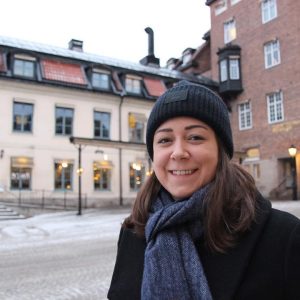
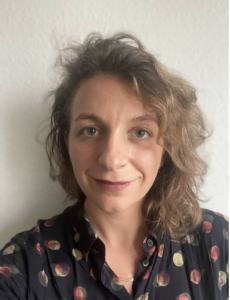
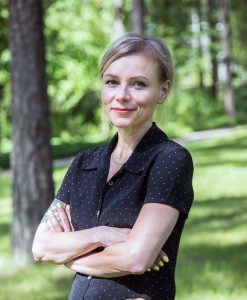
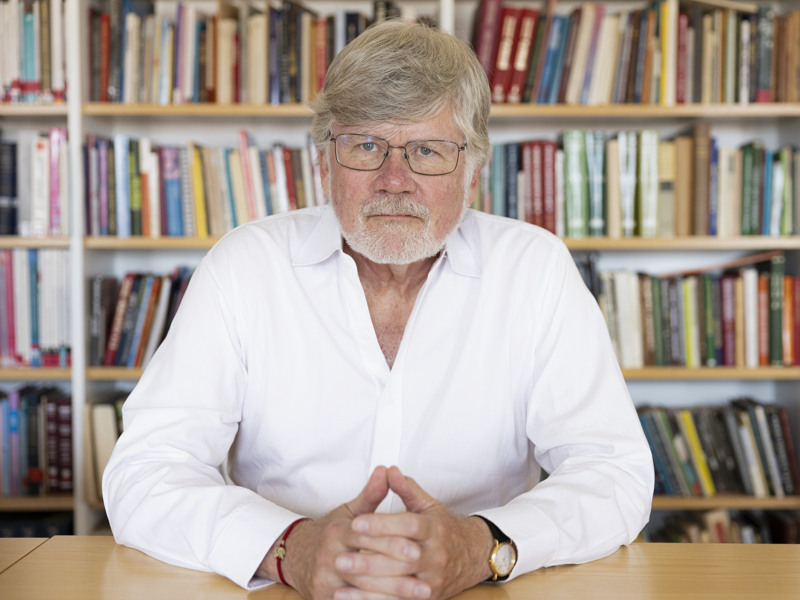
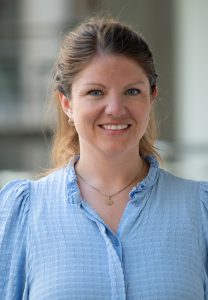
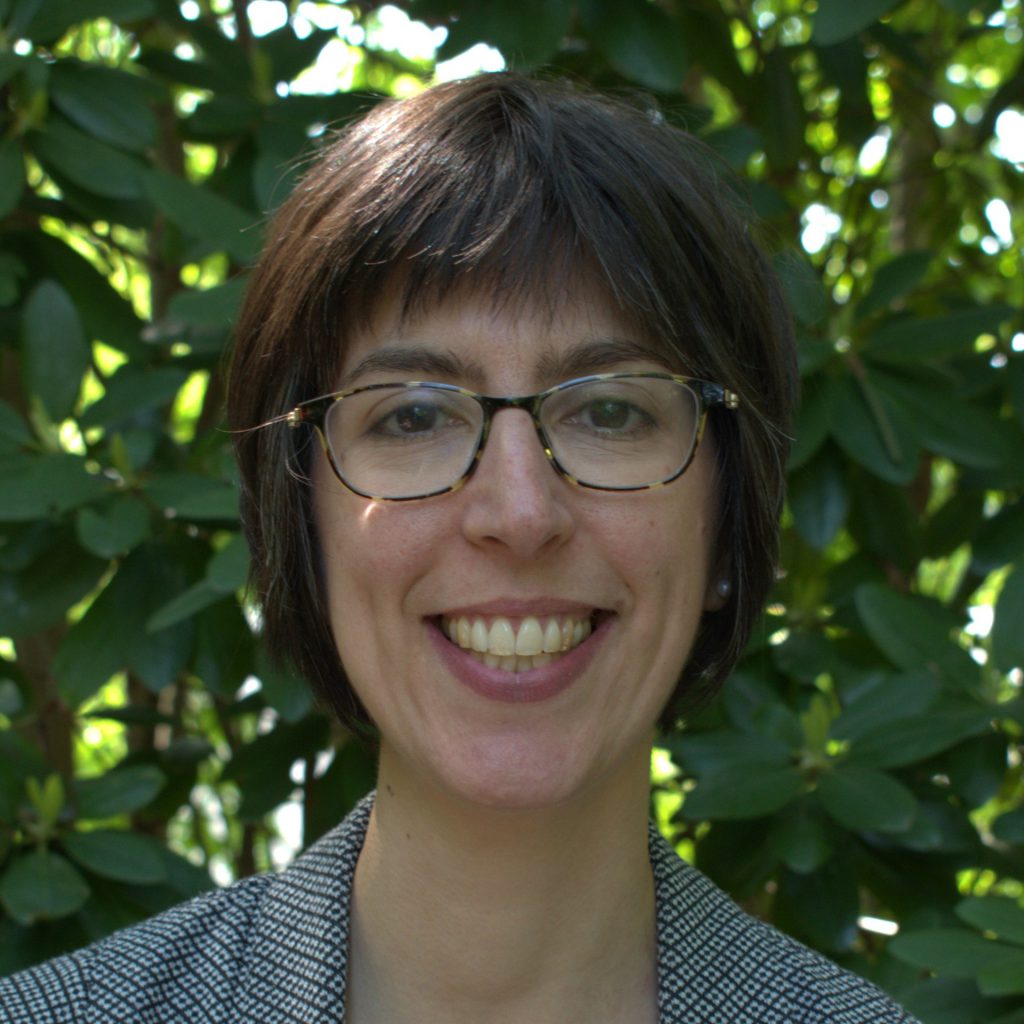 Dr. Leila Wilmers is a Regional Scholar at Cornell University’s Einaudi Center for International Studies and teaches in Cornell’s Department of Sociology. She has a background in peacebuilding work in the non-profit sector and holds a PhD in human geography from Loughborough University, UK. Her research concerns nationalism in the contemporary world, and particularly experiences of nationhood and the processes and conditions of bottom-up engagement with nationalist ideology and politics. Her research and teaching crosses the disciplines of sociology and human geography and her regional expertise is in the post-Soviet space. Her work has been published in the journals Europe-Asia Studies, Ethnic and Racial Studies, Nationalities Papers, and Ethnicities.
Dr. Leila Wilmers is a Regional Scholar at Cornell University’s Einaudi Center for International Studies and teaches in Cornell’s Department of Sociology. She has a background in peacebuilding work in the non-profit sector and holds a PhD in human geography from Loughborough University, UK. Her research concerns nationalism in the contemporary world, and particularly experiences of nationhood and the processes and conditions of bottom-up engagement with nationalist ideology and politics. Her research and teaching crosses the disciplines of sociology and human geography and her regional expertise is in the post-Soviet space. Her work has been published in the journals Europe-Asia Studies, Ethnic and Racial Studies, Nationalities Papers, and Ethnicities.